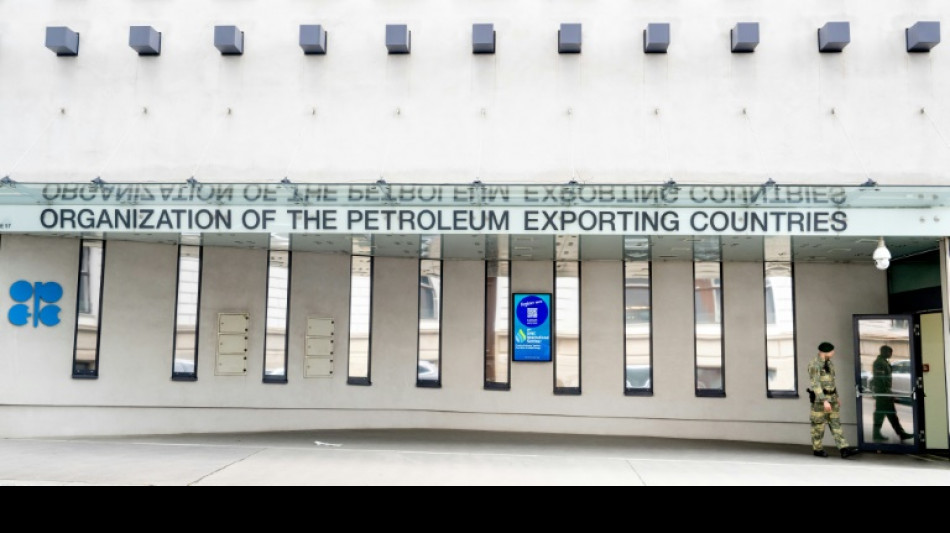
Key OPEC+ members boost oil production

Eight key members of the OPEC+ alliance said Sunday they have agreed to again boost oil production, in a strategy analysts saw as a bid to gain a bigger market share of crude sales.
Oil ministers in the V8 grouping -- comprising Saudi Arabia, Russia, Iraq, the United Arab Emirates, Kuwait, Kazakhstan, Algeria and Oman -- decided to increase production by 137,000 barrels a day (bpd) from next month, they said in a statement.
Those countries had already increased production by 2.2 million bpd in recent months.
In their statement issued after an online meeting on Sunday, they said that the new incoming cycle could see up to an extra 1.65 million bpd eventually coming onto the market.
"OPEC+ caught the market off guard today -- instead of pausing, the group signalled ambition with a production hike. The barrels may be small, but the message is big," said Jorge Leon, an analyst at Rystad Energy.
"OPEC+ is prioritising market share even if it risks softer prices," he said.
Oil prices are currently hovering around $65-70 per barrel, having tumbled 12 percent this year as global producers outside OPEC+ ramp up supply and tariffs curb demand.
OPEC+ -- which comprises the 12-nation Organization of the Petroleum Exporting Countries (OPEC) and its allies -- had in recent years seen through several output cuts amounting to a total of almost six million bpd.
Analysts, up to a week ago, had been saying the V8 was likely to maintain their current output levels in October.
By raising them, even by a relatively modest 137,000 bpd, the V8 instead indicated that OPEC+ was willing to weather prices falling below $60 a barrel if it meant regaining market share.
Leon said: "In reality, the actual production boost will be far smaller, given capacity limits and the compensation mechanism. But perception often matters more than physical barrels."
Still, he said, "the move raises questions about unity: countries like Russia depend on high prices to fund their war machine, while others are willing to test lower prices for market share".
- Geopolitical factors -
The real test for OPEC+ will be the last three months of this year, a period when seasonal demand tends to be lower, he said.
Oil specialists are keeping a close eye on Moscow's war in Ukraine as well as developments regarding US-Russia relations -- geopolitical factors that could impact oil prices.
US President Donald Trump, whose efforts to mediate between Russia and Ukraine have failed to produce a breakthrough, has recently targeted Russian oil and those who buy it.
In August, he imposed higher tariffs on India as punishment for its purchases of Russian oil.
In a meeting with allies of Ukraine who gathered in Paris on Thursday, Trump told leaders via a video conference that he was frustrated with EU purchases of Russian oil, particularly by Hungary and Slovakia.
Curbing Russian exports could free up market space for OPEC+ nations.
F.Glowacki--GL

 London
London

 Manchester
Manchester
 Glasgow
Glasgow
 Dublin
Dublin
 Belfast
Belfast
 Washington
Washington
 Denver
Denver
 Atlanta
Atlanta
 Dallas
Dallas
 Houston Texas
Houston Texas
 New Orleans
New Orleans
 El Paso
El Paso
 Phoenix
Phoenix
 Los Angeles
Los Angeles



